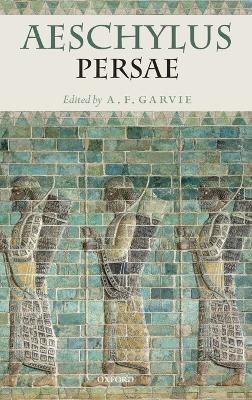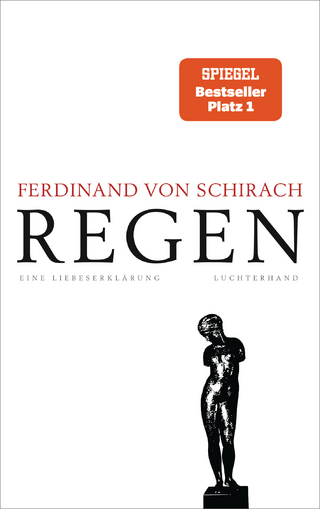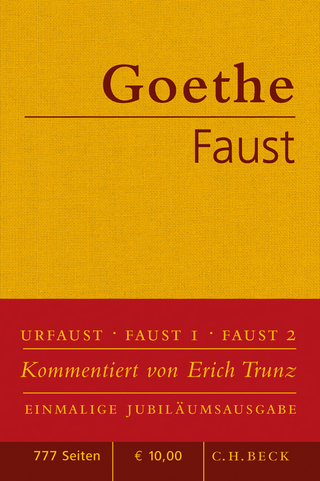
Aeschylus: Persae
with Introduction and Commentary by A.F. Garvie
Seiten
2009
Oxford University Press (Verlag)
978-0-19-926989-1 (ISBN)
Oxford University Press (Verlag)
978-0-19-926989-1 (ISBN)
A new edition, with Introduction and Commentary, of Aeschylus' Persae, first produced in 472 BC. A. F. Garvie argues that the play is a genuine tragedy, which, far from presenting a simple moral of hybris punished by the gods, poses questions concerning human suffering to which there are no easy answers.
Aeschylus' Persae, first produced in 472 BC, is the oldest surviving Greek tragedy. It is also the only extant Greek tragedy that deals, not with a mythological subject, but with an event of recent history, the Greek defeat of the Persians at Salamis in 480 BC. Unlike Aeschylus' other surviving plays, it is apparently not part of a connected trilogy. In this new edition A. F. Garvie encourages the reader to assess the Persae on its own terms as a drama. It is not a patriotic celebration, or a play with a political manifesto, but a genuine tragedy, which, far from presenting a simple moral of hybris punished by the gods, poses questions concerning human suffering to which there are no easy answers. In his Introduction Garvie defends the play's structure against its critics, and considers its style, the possibility of thematic links between it and the other plays presented by Aeschylus on the same occasion, its staging, and the state of the transmitted text. The Commentary develops in greater detail some of the conclusions of the Introduction.
Aeschylus' Persae, first produced in 472 BC, is the oldest surviving Greek tragedy. It is also the only extant Greek tragedy that deals, not with a mythological subject, but with an event of recent history, the Greek defeat of the Persians at Salamis in 480 BC. Unlike Aeschylus' other surviving plays, it is apparently not part of a connected trilogy. In this new edition A. F. Garvie encourages the reader to assess the Persae on its own terms as a drama. It is not a patriotic celebration, or a play with a political manifesto, but a genuine tragedy, which, far from presenting a simple moral of hybris punished by the gods, poses questions concerning human suffering to which there are no easy answers. In his Introduction Garvie defends the play's structure against its critics, and considers its style, the possibility of thematic links between it and the other plays presented by Aeschylus on the same occasion, its staging, and the state of the transmitted text. The Commentary develops in greater detail some of the conclusions of the Introduction.
A. F. Garvie is Emeritus Professor of Greek, University of Glasgow.
INTRODUCTION; TEXT; COMMENTARY
| Erscheint lt. Verlag | 27.8.2009 |
|---|---|
| Verlagsort | Oxford |
| Sprache | englisch |
| Maße | 165 x 241 mm |
| Gewicht | 826 g |
| Themenwelt | Literatur ► Lyrik / Dramatik ► Dramatik / Theater |
| Geisteswissenschaften ► Sprach- / Literaturwissenschaft ► Anglistik / Amerikanistik | |
| Geisteswissenschaften ► Sprach- / Literaturwissenschaft ► Literaturwissenschaft | |
| ISBN-10 | 0-19-926989-0 / 0199269890 |
| ISBN-13 | 978-0-19-926989-1 / 9780199269891 |
| Zustand | Neuware |
| Haben Sie eine Frage zum Produkt? |
Mehr entdecken
aus dem Bereich
aus dem Bereich
Der Tragödie erster und zweiter Teil. Urfaust
Buch | Hardcover (2021)
C.H.Beck (Verlag)
10,00 €


